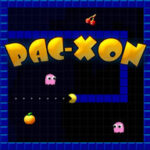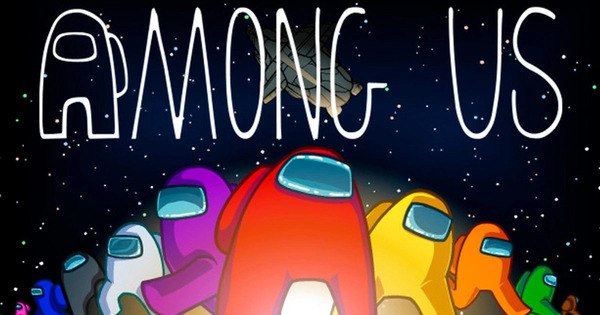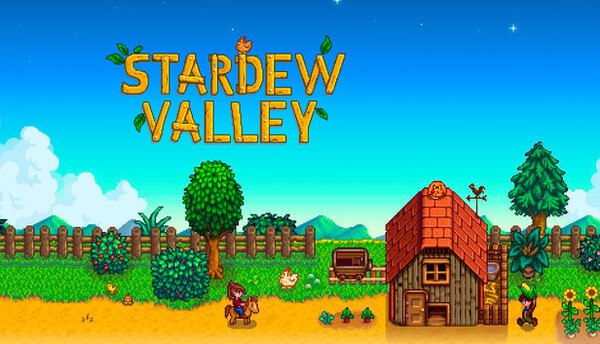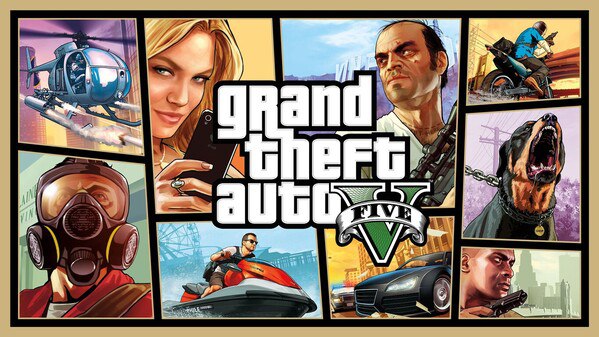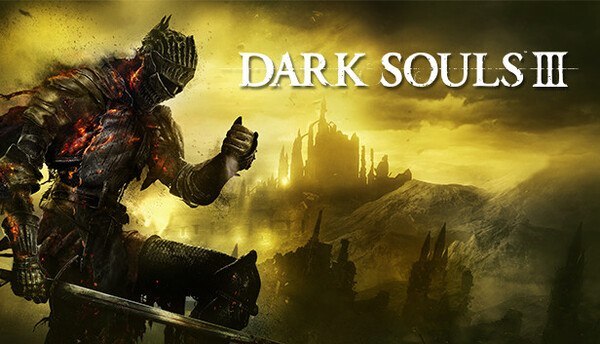The Legend of Zelda – Timeless Adventures Across Hyrule
Introduction: A Legendary Journey Through Time
The Legend of Zelda, developed by Nintendo, is more than just a video game franchise—it’s a cultural icon. Since its first release in 1986, the series has captivated players with epic quests, rich storytelling, and innovative gameplay. Players step into the boots of Link, a silent hero destined to battle evil, solve puzzles, and save the kingdom of Hyrule, often rescuing Princess Zelda and confronting the dark power of Ganon.
From the 8-bit top-down beginnings to the sprawling, open-world innovation of Breath of the Wild, the Zelda franchise has shaped the action-adventure genre for nearly four decades.
1. Story and World-Building
Zelda games are known for their timeless narratives, blending mythology, magic, and heroism. Though each title varies, the core themes of courage, wisdom, and power remain.
Pros:
-
Deep lore and interlinked timelines
-
Memorable characters and iconic villains
-
Unique settings in every entry (e.g., Termina, Skyloft, Hyrule)
Cons:
-
Timeline continuity can be confusing
-
Some entries offer minimal story outside core quests
2. Gameplay Evolution
The series has transformed gameplay across generations—from linear dungeon crawling to open-world exploration with physics-based mechanics (Breath of the Wild).
Pros:
-
Constant innovation with each installment
-
Balance of combat, puzzles, and exploration
-
Intuitive controls across different consoles
Cons:
-
Some classic games may feel dated to modern players
-
Occasional pacing issues in larger games
3. Iconic Dungeons and Puzzles
Dungeons are at the heart of Zelda’s gameplay, offering themed environments filled with puzzles, traps, and bosses—each requiring unique tools to complete.
Pros:
-
Satisfying sense of progression and challenge
-
Smart design encourages problem-solving
-
Creative dungeon themes (water temples, shadow shrines)
Cons:
-
Some dungeons (e.g., Water Temple in Ocarina of Time) are notoriously frustrating
-
Repetitive objectives in a few titles
4. Combat Mechanics
Combat in Zelda ranges from simple swordplay to complex battles using magic, gadgets, and stealth. Later games, like Tears of the Kingdom, add elemental effects and fusion mechanics.
Pros:
-
Variety of weapons and tools
-
Boss fights are inventive and memorable
-
Fluid controls with high responsiveness
Cons:
-
Enemy AI can be predictable
-
Some mechanics (e.g., weapon durability) are divisive among fans
5. Open World Exploration
With Breath of the Wild, Zelda embraced non-linear, open-world exploration for the first time. This approach revolutionized the franchise and inspired other developers worldwide.
Pros:
-
Freedom to explore in any direction
-
Rich, dynamic world filled with secrets
-
Organic discovery and minimal handholding
Cons:
-
Lack of traditional dungeon structure in newer titles
-
Sparse story delivery for players seeking linear narratives
6. Art Direction and Soundtrack
Zelda's distinct art styles (cel-shaded in Wind Waker, realism in Twilight Princess, painterly in Skyward Sword) pair perfectly with its orchestral soundtracks and iconic jingles.
Pros:
-
Visually striking across console generations
-
Memorable musical themes (e.g., Zelda’s Lullaby, Gerudo Valley)
-
Emotional resonance through music and style
Cons:
-
Art style changes can divide the fanbase
-
Voice acting limited in most titles
7. Equipment and Item Progression
Zelda games shine in how players acquire new items (hookshot, bombs, boomerang), using them to access new areas and solve puzzles in earlier zones.
Pros:
-
Satisfying sense of empowerment through gear
-
Encourages backtracking and world re-exploration
-
Strategic item use in combat and puzzles
Cons:
-
Inventory can become cluttered in larger titles
-
Some items are underutilized after a single dungeon
8. Side Quests and NPC Interaction
The franchise is rich in side content that builds the world: from helping townsfolk to uncovering mini-games and hidden temples.
Pros:
-
Well-written NPCs with emotional depth (Majora’s Mask)
-
Side quests often reward exploration and creativity
-
Humor and heart in everyday interactions
Cons:
-
Fetch quests can feel repetitive
-
Some quests are obscure without a guide
9. Bosses and Enemies
From Ganon to Molduga, the Zelda series offers creative and thematic boss fights that are puzzle-like in nature and require clever use of items or strategy.
Pros:
-
Unique mechanics for each boss
-
Epic scale and design variety
-
Classic encounters remembered for years (Dark Link, Phantom Ganon)
Cons:
-
Difficulty can be inconsistent across entries
-
Some bosses rely heavily on gimmicks
10. Replayability and Legacy
The Legend of Zelda offers high replay value through nonlinear exploration, alternate endings, and challenge modes. It has influenced everything from indie games to AAA RPGs.
Pros:
-
Each entry offers a different style and mood
-
Timeless design that holds up well
-
Speedrunning and modding communities are active
Cons:
-
Limited multiplayer options outside Four Swords
-
Repetition across titles for returning fans
Conclusion: A Timeless Legend That Continues to Evolve
The Legend of Zelda is more than a video game series—it's a journey through imagination, courage, and adventure. With every entry, Nintendo reinvents what’s possible in the action-adventure genre while staying true to the franchise’s emotional core.
Whether you’re scaling the cliffs of Hyrule, solving ancient puzzles, or simply listening to the gentle strums of a harp, Zelda games deliver an experience that transcends time and technology. It's no wonder the franchise continues to attract new generations of players, keeping the legend alive for decades to come.














